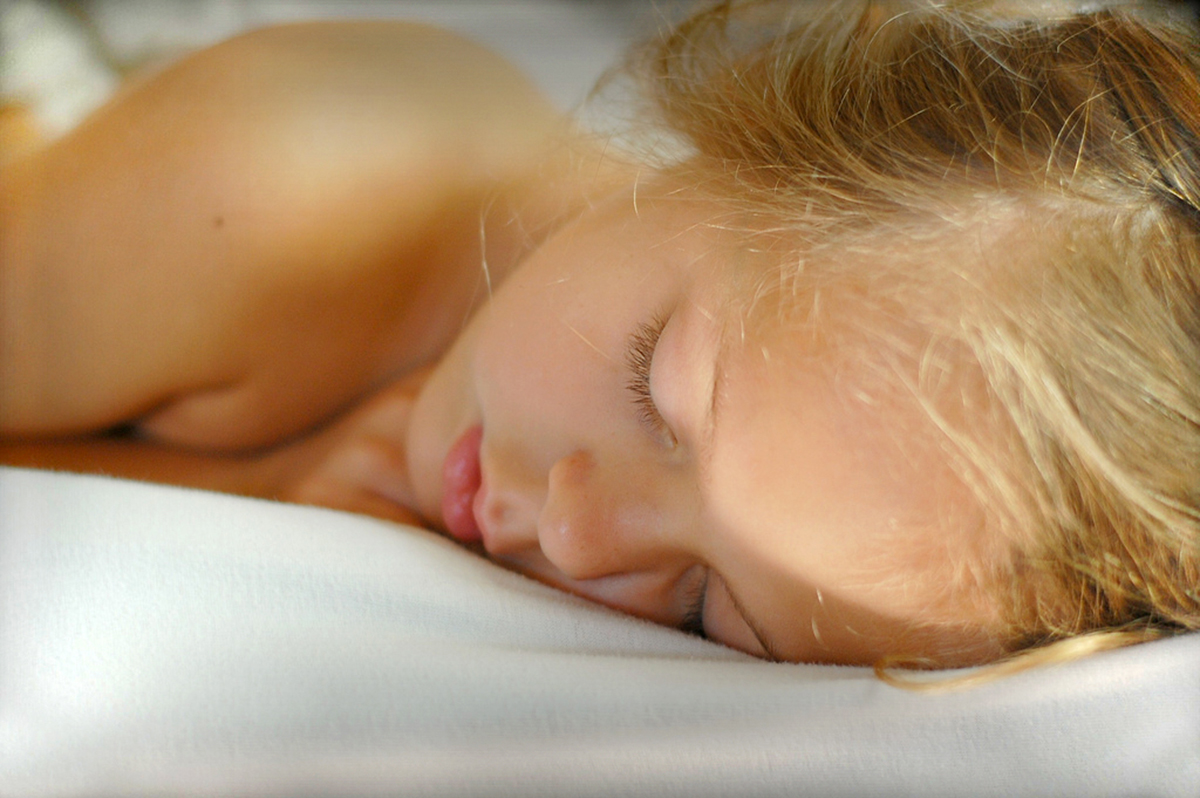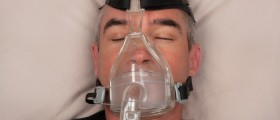
Sleepless Nights Characteristics
Amazingly, tens of millions of people suffer from some kind of a sleeping disorder. There are different kinds and types of these phenomena and, therefore, some can be more serious than the other, regarding the effect of your sleep depravity on your everyday life. However, if we are to find a common culprit, stress and anxiety would fit the description perfectly. Namely, due to daily stress and anxiety issues, healthy people tend to develop certain sleeping disorders. Also, those who already have troubles with sleeping enough experience worsening of their situation due to stress and anxiety. Naturally, once you are unable to get sufficient sleep, you are bound to experience a gradual downfall in your daily mental and physical activities. It is a terrible state of affairs one is possible to find him or herself in, since your whole life can be changed for the worse once you suffer from stress and anxiety daily, while suffering from sleeping disorders at night.Types of Stress and Anxiety-Induced Sleeping Disorders
One of the most common disorders of this type is insomnia. This phenomenon manifests through having difficulties falling asleep at night. Also, once you do manage to fall asleep, you are bound to get out of it in a short period of time. People with insomnia often wake up quite early in the morning, and are unable to fall asleep again. Finally, the whole wake up procedure makes them drowsy, tired, lacking concentration, strength and focus etc.
Sleep apnea is another common sleeping disorder. Its characteristics are loud snoring and improper breathing during sleep, because your airways are obstructed somewhere. Some people suffer from narcolepsy, a condition which makes them fall asleep suddenly. Additionally, restless leg syndrome and teeth grinding during sleep both belong to the list of sleeping disorders directly or indirectly triggered by stress and anxiety.
The Vicious Circle
An interesting thing about anxiety, stress and sleeping disorders is that they all mutually stimulate one another. Basically, once you lie in bed anxious, you will not sleep well. Sleep deprivation leads to more stress during the day, making the sleep patterns gradually worse and so on. Moreover, prolonged lack of sleep leads to incapability of living successfully and performing daily tasks. Also, after a longer time under these conditions, people with sleeping problems may develop serious diseases like hypertension, diabetes, heart attack, obesity and many others.Thus, once you notice your sleep being jeopardized by daily stress and anxiety, take some action to prevent it. You might consider behavioral therapy, or some other relaxation and stress removal methods. These might involve yoga, exercising, meditation, better organization, music, or whatever makes you calmer before sleeping. Make sure your sleeping quarters are cool and dark, with clean sheets and a lot of fresh air. Finally, have a sleeping routine and sleep for at least 8 hours each night.

















Your thoughts on this
Loading...